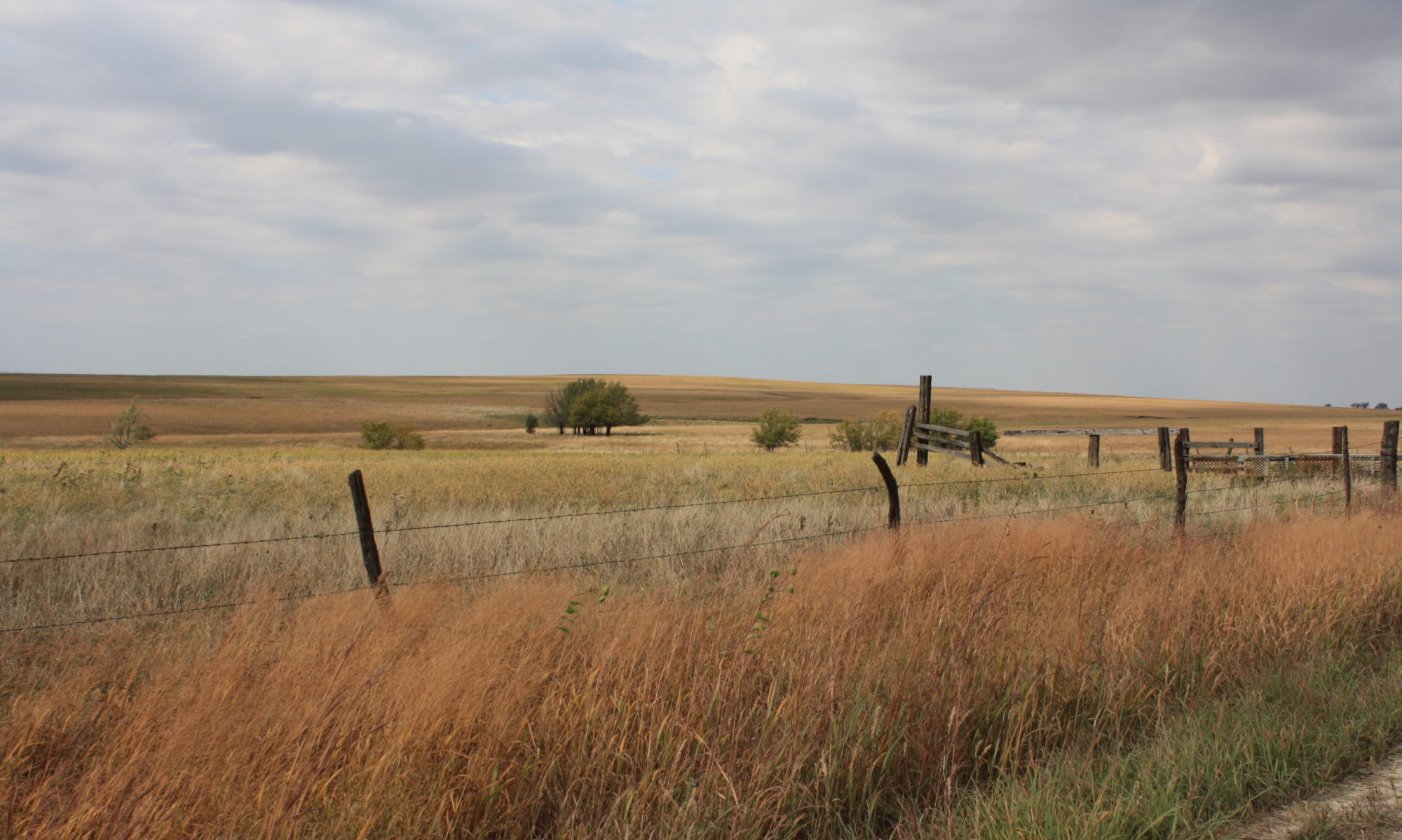A few months ago, we left our dog, Ranger, with a friend while we were on vacation. Ranger always enjoys stays at her house where he can hang out with her dog, Ramsey. One morning when she went to let him in after a few minutes in the back yard he was not there. In a panic she searched the neighborhood, then jumped in her car to extend her search. Eventually, she drove down our street and there he was, sitting on our front porch.
Ranger was not always such a homebody. Shortly after we got him from the animal shelter, Thom, the Vietnamese student living with us at the time, tripped on her way out the door to take him for a walk and he bolted. Being a Sheltie, he was faster than any of us and we found ourselves chasing him throughout the neighborhood until a good Samaritan caught and held him until we could catch up.
After those early years, Ranger settled into life at our house. When our side fence blew down in a fierce storm, he wasn’t tempted to leave the yard and for the last few years he has joined us on the front porch, content to sit beside us without a leash.
As it’s more than a few blocks from our friends house to ours, some instinct must have propelled him home. It’s a little scary, because he has become stone deaf in his old age, but I can visualize him trotting down the street, eyes focused on the traffic, even crossing 12th street on his determined way home.
Home, whether we realize it or not, is where we all want to be for the important dates: birthdays, graduations, weddings, all kinds of celebrations including holidays. That’s especially true this time of year as recognized by so many composers during the 40’s. “I’ll be Home for Christmas”, “There’s no Place Like Home for the Holidays”, or “I’ll have a Blue Christmas Without You”.
When we first moved to New Jersey, we spent the holidays with new friends, neighbors and acquaintances. We had some memorable Thanksgivings and Christmases, but the longer we were there, the more we realized what we were missing and the more we were drawn towards home. The experiences we were having in a different place: the Macy’s Thanksgiving parade, the tree in Rockefeller center, and the excitement being close to New York City provided, paled in comparison with what we were missing back home. We heard stories of the cooking disasters and the escapades of some of the more ‘different’ ones in our family and realized that something was lost in the telling. We were missing out on seeing the little ones grow up. We were missing out on the waning years of the older generation. Hearing stories is not the same as being part of them.
Fortunately, my husband’s family lived in Boston and we frequently made the trek there, but that was not really home. Eventually, we joined the throngs heading home for the holidays; we fought the crowds at the airports along with all of the others with the same longing for home. When we moved to Memphis, it was the same. We made that eight hour plus drive so often that the stretch between here and St. Louis is still familiar all these years later. We gave up two days of our life traveling to enjoy one meal with family, but it was worth it.
After we moved to Emporia, we were able once more to enjoy the holidays with those we love most. We have loaded up our memory bank with those shared meals: the argument between a friend and one aunt over whether Martha Stewart was the arbiter of good taste, waiting for the cousin who is always late to arrive, playing Mexican Train until it grew dark, missing first one of my mother’s sisters, then another, until their generation was all gone. These are the memories we have made, the memories we go home for.
I realize that not everyone grows up in a safe, supportive family, but for those of us who did, we need that homecoming. In a world that seems increasingly hostile, we all need to be reminded that there are those who accept and love us as we are and that they can be found at home. That should be enough to enable us to share that love with those less fortunate.
So I close with the words from the song from the 1943 movie, “Meet Me in St. Louis” written by Hugh Martin and Ralph Blane: Through the years we all will be together if the fates allow. Hang a shining star upon the highest bough and have yourself a merry little Christmas now.“
